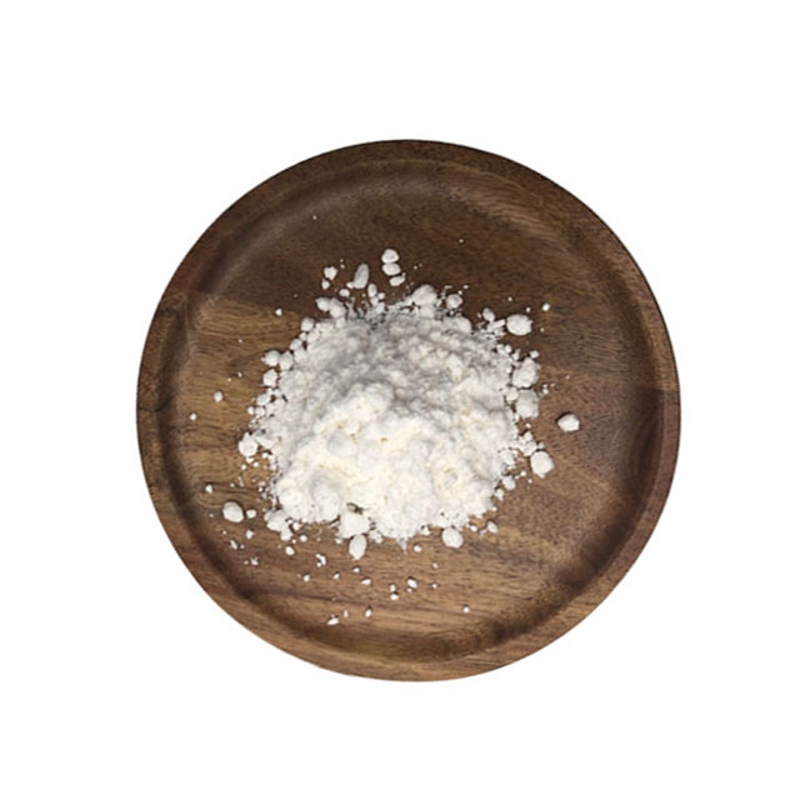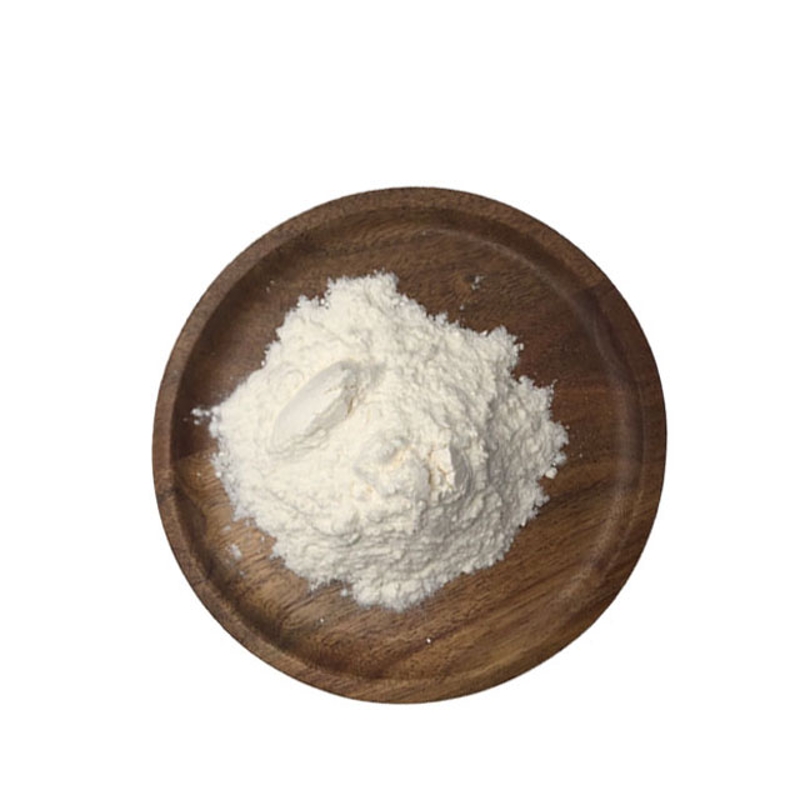-
Categories
-
Pharmaceutical Intermediates
-
Active Pharmaceutical Ingredients
-
Food Additives
- Industrial Coatings
- Agrochemicals
- Dyes and Pigments
- Surfactant
- Flavors and Fragrances
- Chemical Reagents
- Catalyst and Auxiliary
- Natural Products
- Inorganic Chemistry
-
Organic Chemistry
-
Biochemical Engineering
- Analytical Chemistry
- Cosmetic Ingredient
-
Pharmaceutical Intermediates
Promotion
ECHEMI Mall
Wholesale
Weekly Price
Exhibition
News
-
Trade Service
!-- webeditor: page title. -- -- BMS recently announced the main results of the key Phase 3 clinical study (CheckMate-643) of the anti-PD-1 therapy Opdivo (Odivo, common name: nivolumab, Navulyu monoanti).
The study was conducted in patients with previously untreated, non-HER2-positive, non-excisive advanced or metastatic gastric cancer, gastroesophageal connecting cancer, or esophageal adenocarcinoma to assess the efficacy and safety of Opdivo combined chemotherapy for first-line therapy compared to individual chemotherapy.
CheckMate-649 is the largest randomized global Phase 3 study to date on immunochemed inhibitor therapy for patients with stomach and esophageal cancers.
showed statistically and clinically significant improvements in total survival (OS) and progressive survival (PFS) in the Opdivo plus chemotherapy group compared to the chemotherapy group.
It's worth noting that Opdivo is the first PD-1 inhibitor to show the benefits of OS and PFS in combination with chemotherapy alone in the treatment of patients with stomach cancer, gastroesophageal connecting cancer, or esophageal adenocarcinoma.
the OS and PFS benefits were observed in patients who tested positive for tumor PD-L1 expression (combined positive score (CPS) and reached the two main endpoints of the study.
, OS benefits were also observed in all random populations.
data are: In PD-L1-positive patients with CPS-5, the medium OS in the Opdivo-chemotherapy group was 14.4 months (95% CI:13.1-16.2), while the medium OS in the chemotherapy group was 11.1 months (95%CI: 10.0-12.1), with statistically significant differences in data (HR-0.71; 98.4% CI: 0.59-0.86; p-lt;0.0001).
PFS was 7.7 months (95% CI: 7.0-9.2) in the Opdivo-chemotherapy group and 6.0 months (95% CI: 5.6) in the chemotherapy group -6.9), the data also have statistically significant differences (HR:0.68; 98% CI: 0.56-0.81; p.lt;0.0001).
the trial, the safety of Opdivo plus chemotherapy combinations reflected the known safety of Opdivo and chemotherapy, and no new safety signals were observed.
OS benefits were also observed in the PD-L1-positive patient group of CPS1 and in all random patient groups.
in all random patient groups, the medium OS was 13.8 months (95% CI: 12.6-14.6) and the medium OS in patients receiving chemotherapy only was 11.6 months (95% CI) 10.9-12.5), with statistically significant differences in data (HR:0.80; 99.3% CI: 0.68-0.94; p=0.0002).
in PD-L1-positive patients with CPS1, the medium OS in patients receiving Opdivo-plus chemotherapy was 14.0 months (95% CI:12.6-15.0) and the medium OS in patients receiving chemotherapy only was 11.3 months (95% CI: 12.6-15.0) 95%CI: 10.6-12.3), the data also have significant statistical differences (HR:0.77; 99.3% CI: 0.64-0.92; p=0.0001).
the occurrence of severe treatment-related adverse events (TRAEs), at any level and level 3-4, was slightly higher in patients treated with Opdivo plus chemotherapy (at any level: 22%, 3-4: 17%) than in patients receiving chemotherapy only (at any level: 12%, 3-4: 10%).
36 percent and 17 percent of patients who received Opdivo plus chemotherapy experienced suspensions caused by any level or level 3-4 TRAE, while 24 percent and 9 percent of patients who received chemotherapy, respectively.
patients who received Opdivo plus chemotherapy, the rate of TRAE was consistent among different patient subgroups. "CheckMate-649 is the first global study in more than a decade to demonstrate significant benefits to total survival (OS) compared to chemotherapy in patients with first-line treatments for non-HER2-positive stomach, gastroesophageal junction, or esophageal adenocarcinoma, highlighting the potential of Opdivo-chemotherapy as a new standard of care for these patients, regardless of their location," said Dr. Ian M. Waxman, M.D., head of gastrointestinal tumor development at
Centennial.
results of the CheckMate-649 study will be discussed with regulators around the world and we will work to bring this important new treatment to patients in need.
"Opdivo is a PD-(L)1 tumor immunotherapy designed to use the body's own immune system to fight cancer, by blocking the PD-1/PD-L1 signaling path pathrapy to kill cancer cells, with the potential to treat a variety of types of tumors.
, Opdivo has been approved for a variety of cancer adaptations.
2018, Opdivo became the first approved immuno-tumor (I-O) treatment in the Chinese market.
In March, the National Drug Administration (NMPA) approved Opdivo for the treatment of patients with advanced or relapsed stomach or gastroesophageal junction adenocarcinoma who had previously received two or more systemic treatment options.
The approval of this gastric/gastroesophageal junction adenocarcinoma adaptation is also the third adaptation approved in China, following non-small cell lung cancer (NSCLC) and head and neck squamous cell carcinoma (SCCHN).
approval is based on data from the Multi-Center Phase 3 ATTRACTION-2 study.
The study group was conducted in East Asia (including Taiwan, Japan and South Korea) to assess the effectiveness and safety of Opdivo's treatment of non-excisive, late-stage or recurring stomach and gastroesophageal adenocarcinoma.
results showed that Opdivo reduced the risk of death by 38% compared to the control group selected in the study (middle total lifetime: 5.26 months vs 4.14 months; HR -0.62 5% CI: 0.51-0.76, p.0001), doubling the one-year survival rate to 27.3% (12-month survival rate: 27.3% vs 11.6%).
() !--/ewebeditor:page--!--ewebeditor:page title="--the original source: Opdivo (nivolumab) Plus Processed Large General and Progression-Free Survival Benefits Versus Chemical in First-Line Treatment of Gastric and Esoagephal !-- Cancers







